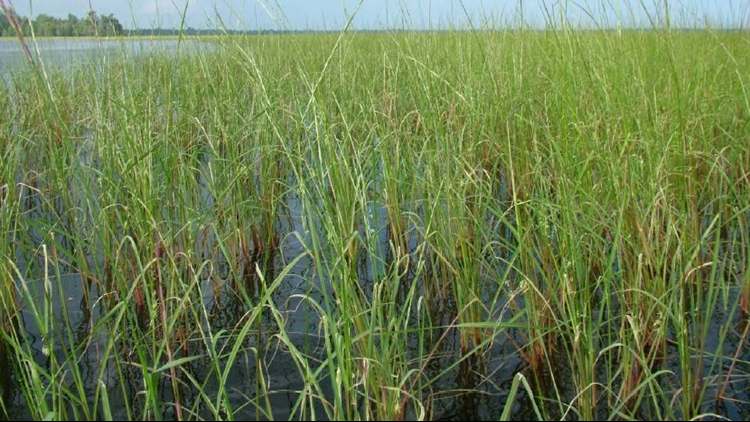LANSING, Mich. — An effort is simmering in Lansing to designate Michigan wild rice as the state’s official native grain.
Manoomin, also known as Michigan wild rice, would join a long list of critters and plants with some sort of official state designation.
“Let it be known that Manoomin is a sacred and important component to many wetlands and has a cultural significance to many people of this state,’’ House Bill No. 6323 reads.
Wild rice is called Manoomin in the Ojibwe language. Sixteen Democrat lawmakers have attached their names to the bill, which has been referred to the Committee on Government Operations.
According to Michigan State University, wild rice is found in rivers, streams, lakes and ponds. It usually occurs in water less than two feet deep in areas with a slight current over a mucky or silty bottom.
An article posted on indiancountrytoday.com says the annual Manoomin harvest goes from late August until mid to late September. Manoomin is called a staple in the traditional Ojibwe diet.
Manoomin, also known as Zizania palustris and Zizania aquatica, is the subject of a 2018 book entitled Manoomin: The Story of Wild Rice in Michigan.
Author Barbara J. Barton writes about historic wild rice beds that once existed in Michigan, why many disappeared “and the efforts of tribal and nontribal people with a common goal of restoring and protecting Manoomin across the landscape.’’
Wild rice is also the state grain in Minnesota; a designation that occurred in 1977.
According to statesymbolsusa.org, Michigan has 21 state symbols, including a state wildflower, state soil, state fossil and state bird.
►Make it easy to keep up to date with more stories like this. Download the 13 ON YOUR SIDE app now.
Have a news tip? Email news@13onyourside.com, visit our Facebook page or Twitter. Subscribe to our YouTube channel.



